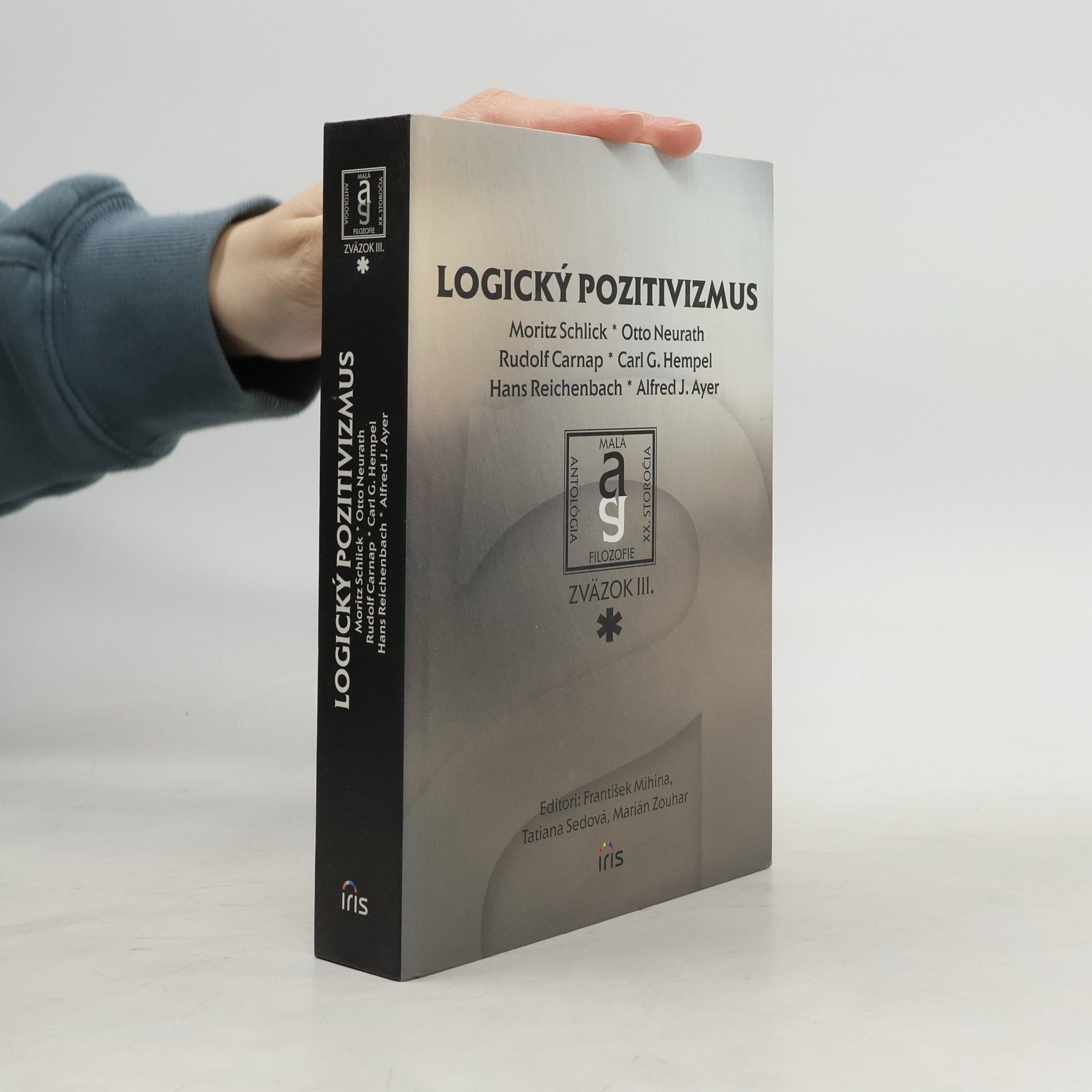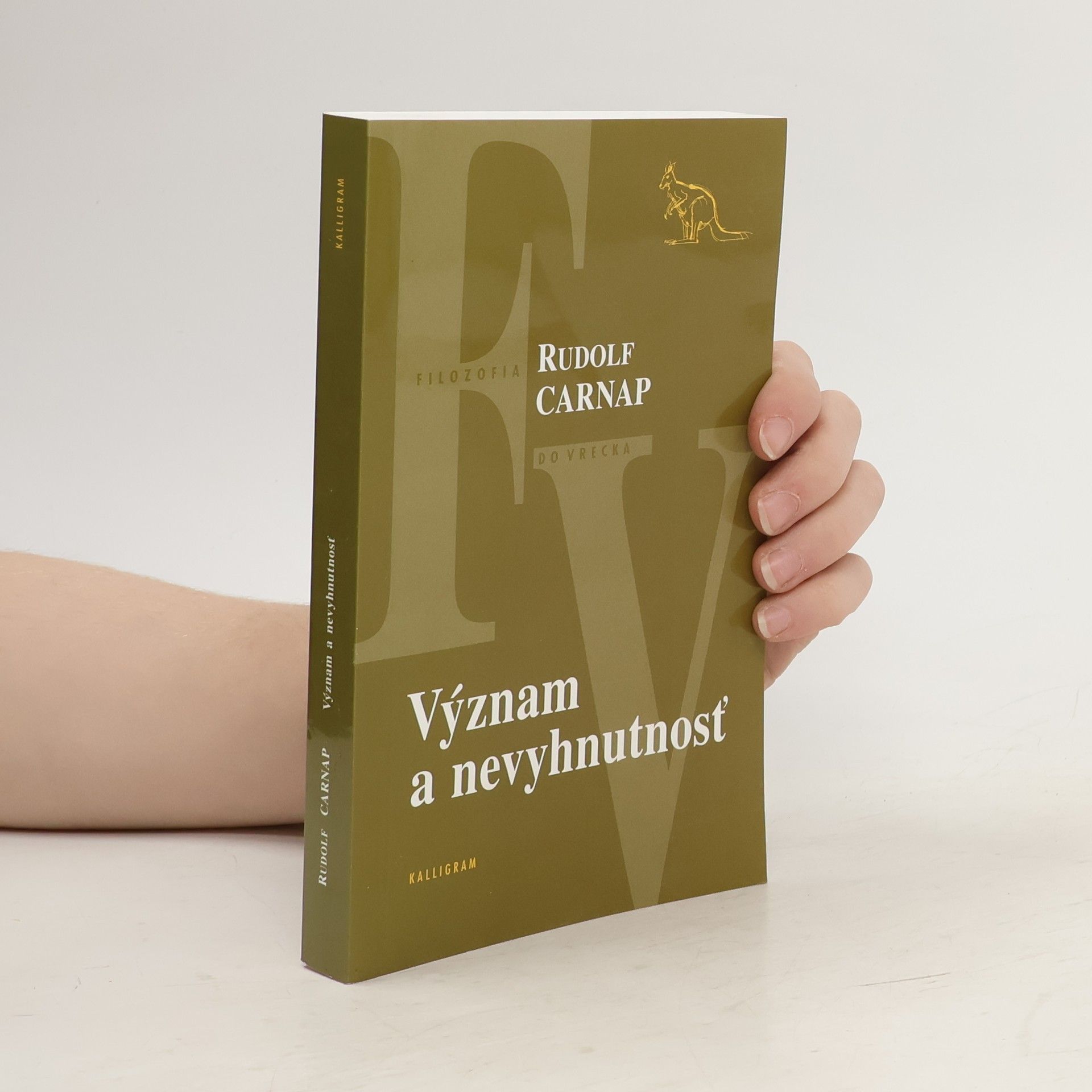Die frühen Tagebücher Rudolf Carnaps bieten einen einzigartigen Einblick in die Gedankenwelt einer Schlüsselperson der 20. Jahrhunderts Philosophie. Sie beleuchten die Entstehung seines Werkes sowie die Geschichte des Wiener Kreises und des Logischen Empirismus. Die Edition umfasst auch sein „Kriegstagebuch“ und ist sorgfältig bearbeitet.
Rudolf Carnap Book order (chronological)
Rudolf Carnap was a pivotal figure in logical positivism, a German-born philosopher who profoundly influenced 20th-century thought. He argued that metaphysical statements lack meaning because they cannot be empirically verified. Carnap contended that many philosophical problems are illusory, stemming from the misuse of language. His work significantly advanced the philosophy of science and language.

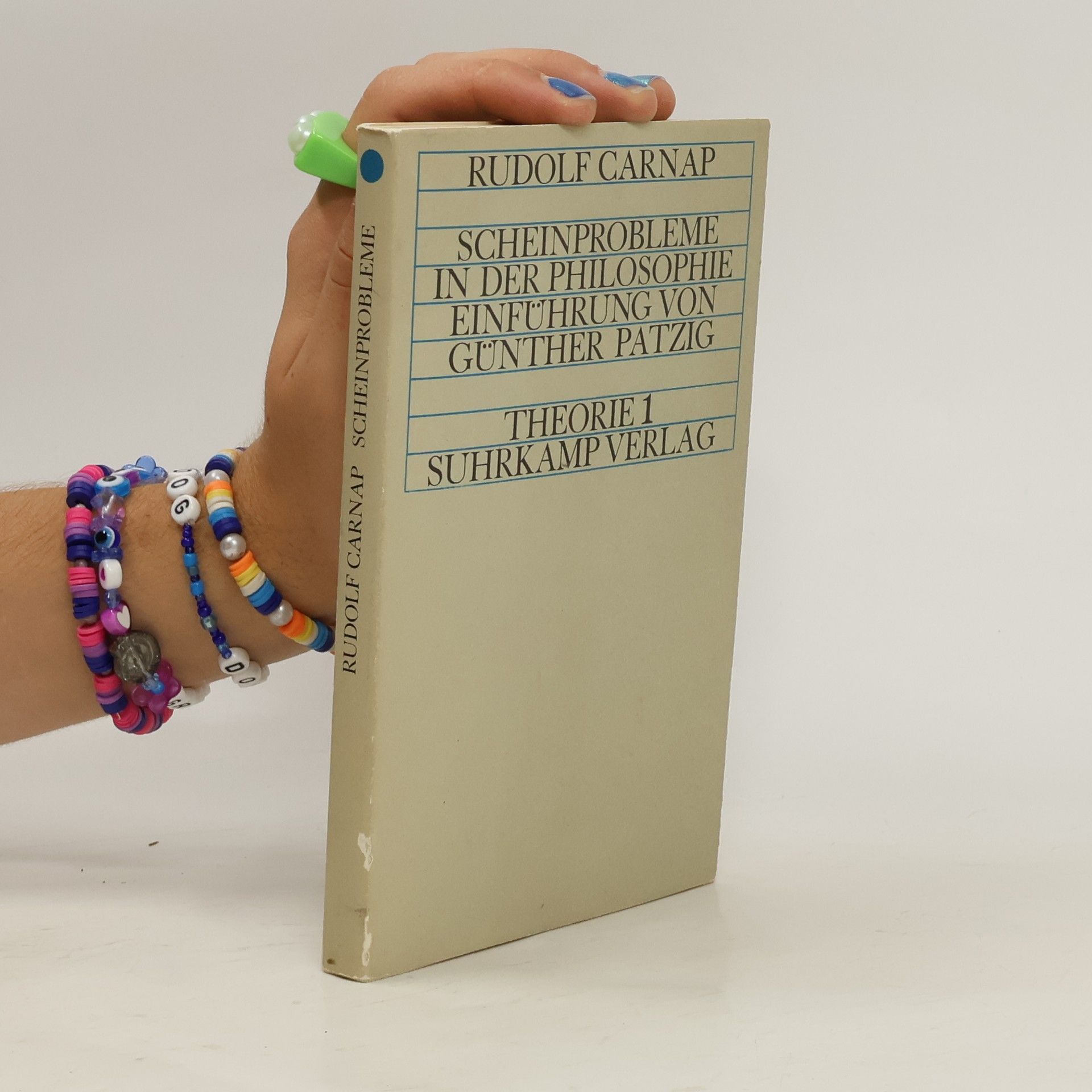
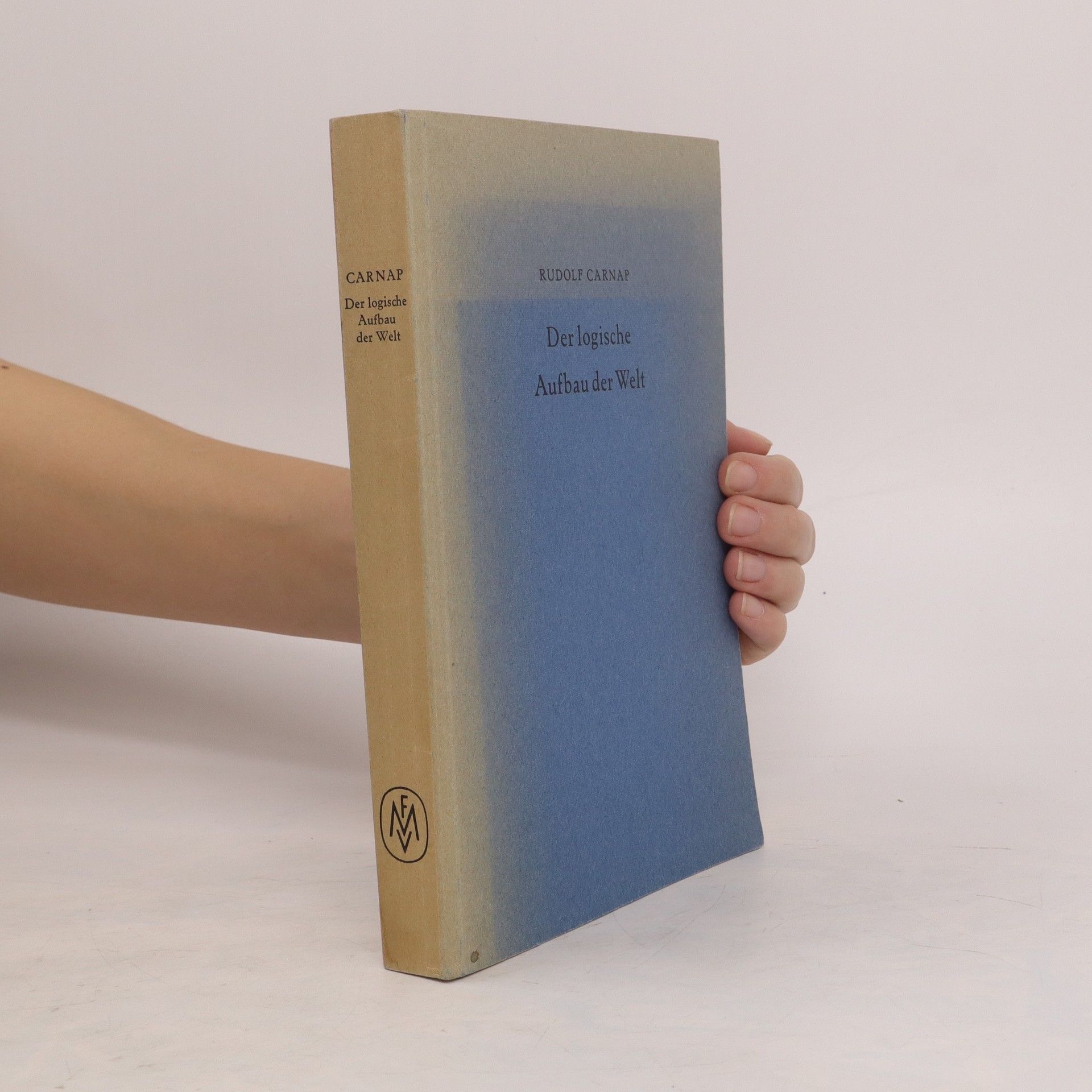


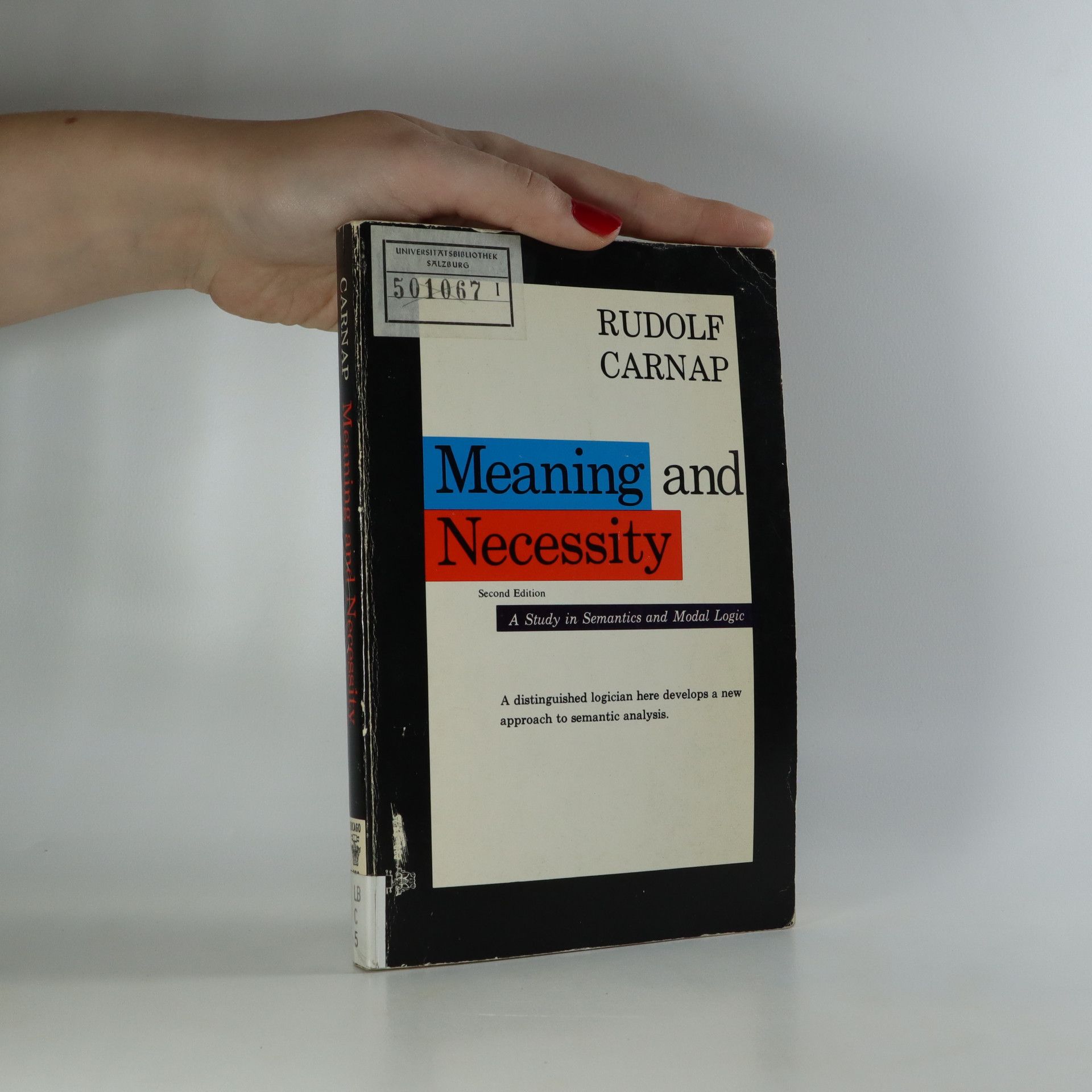
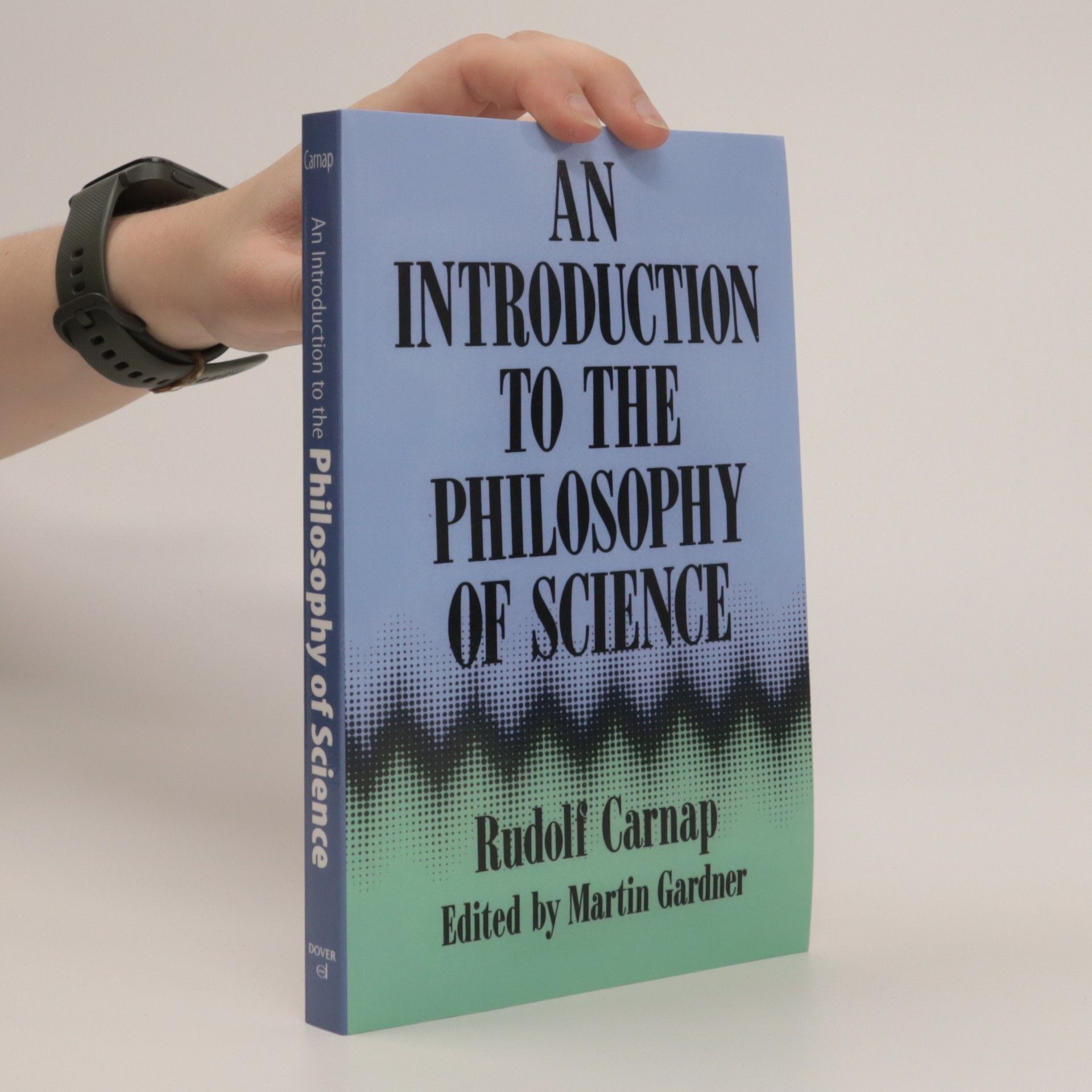
Die frühen Tagebücher Rudolf Carnaps bieten einen einzigartigen Einblick in die Gedankenwelt einer Schlüsselperson der 20. Jahrhunderts Philosophie. Sie beleuchten die Entstehung seines Werkes sowie die Geschichte des Wiener Kreises und des Logischen Empirismus. Die Edition umfasst auch sein „Kriegstagebuch“ und ist sorgfältig bearbeitet.
Two Essays on Entropy
- 146 pages
- 6 hours of reading
This title is part of UC Press's Voices Revived program, which commemorates University of California Press’s mission to seek out and cultivate the brightest minds and give them voice, reach, and impact. Drawing on a backlist dating to 1893, Voices Revived makes high-quality, peer-reviewed scholarship accessible once again using print-on-demand technology. This title was originally published in 1977.
Einführung in die symbolische Logik
mit besonderer Berücksichtigung ihrer Anwendungen
- 256 pages
- 9 hours of reading
Die symbolische Logik hat sich in den letzten hundert Jahren grundlegend gewandelt und zeichnet sich durch ihre exakte Formulierung und umfangreiche Anwendbarkeit aus. Rudolf Carnap beleuchtet in diesem Werk die Entwicklung und die vielfältigen Einsatzmöglichkeiten der symbolischen Logik, insbesondere in der Theorie der Relationen und höheren Begriffe. Das Buch richtet sich an Philosophen, Mathematiker und Fachwissenschaftler, die ein Interesse an der präzisen Analyse von Begriffen haben. Die dritte, unveränderte Auflage bietet eine umfassende Einführung in diese bedeutende Disziplin.
Focusing on a new approach to semantical analysis, the book introduces the method of extension and intension, which redefines the understanding of linguistic meanings. By modifying traditional concepts of class and property, it contrasts this innovative method with conventional semantical approaches that treat expressions as names of entities. Instead, it emphasizes that expressions embody both an intension and an extension, offering a fresh perspective on meaning in language.
Wiener Kreis
Texte zur wissenschaftlichen Weltauffassung von Rudolf Carnap, Otto Neurath, Moritz Schlick, Philipp Frank, Hans Hahn, Karl Menger, Edgar Zilsel und Gustav Bergmann
- 699 pages
- 25 hours of reading
Am Wiener Kreis scheiden sich die Geister, trat er doch mit dem dezidierten Anspruch auf, mit den Mitteln der modernen Logik den metaphysischen Schutt von Jahrtausenden aus dem Weg zu räumen. Statt einer homogenen Bewegung, die sich empiristischen Dogmen verschrieb, erscheint der Wiener Kreis in der philosophischen Forschung jedoch heute als eine heterogene Gruppe von eigenständigen Denkern, die gemeinsam die Grundlagen der modernen Wissenschaftstheorie legten. In jeweils spezifischer Weise setzten sie sich von der philosophischen Tradition ab oder versuchten, einzelne Teile davon in die wissenschaftliche Weltauffassung zu integrieren. Der Band enthält eine repräsentative Auswahl von Aufsätzen der Mitglieder des Wiener Kreises. Sie beschränkt sich mit Ausnahme dreier Frühschriften der Gründer bewußt auf die Jahre des historischen Kreises vom Beginn der Treffen 1924 bis zur Ermordung Schlicks 1936, obwohl einige der Hauptideen erst in den USA ihre volle Wirkung entfalteten und von dort Ende der sechziger Jahre wieder in die deutschsprachige Philosophie zurückwirkten. In ihrer Einleitung skizzieren die Herausgeber die historische Entwicklung des Kreises und erläutern die zentralen thematischen Fragestellungen. Die Anmerkungen identifizieren die internen wie externen Opponenten und erklären den Kontext der zeitgenössischen Wissenschaft.
Logický pozitivizmus
- 540 pages
- 19 hours of reading
Tretí zväzok Malej antológie filozofie 20. storočia obsahuje projekty filozofie a filozofie vedy, ktoré vznikli v prvých desaťročiach dvadsiateho storočia a mali charakter scientizácie možného chápania filozofie. Pre toto obdobie je typická predstava, že takmer všekty dôležité problémy súčasnosti nemajú bez využitia vedy veľké šance na úspech. V tomto zväzku sa čitateľ zoznámi s názormi M. Schlicka, R. Carnapa, O. Neuhartha, C. G. Hempela, H. Reichenbacha a A. J. Ayera. editori: F. Mihina, T. Sedová, M. Zouhar
Význam a nevyhnutnosť
- 380 pages
- 14 hours of reading
Rudolf Carnap patrí k vedúcim osobnostiam analytického prúdu vo filozofii 20. storočia. V knihe Význam a nevyhnutnosť sa pokúsil nájsť vhodné definície bežných sémantických pojmov a podať sémantickú analýzu významu a modalít. Ide o priekopnícke dielo v oblasti intenzionálnej logiky.
